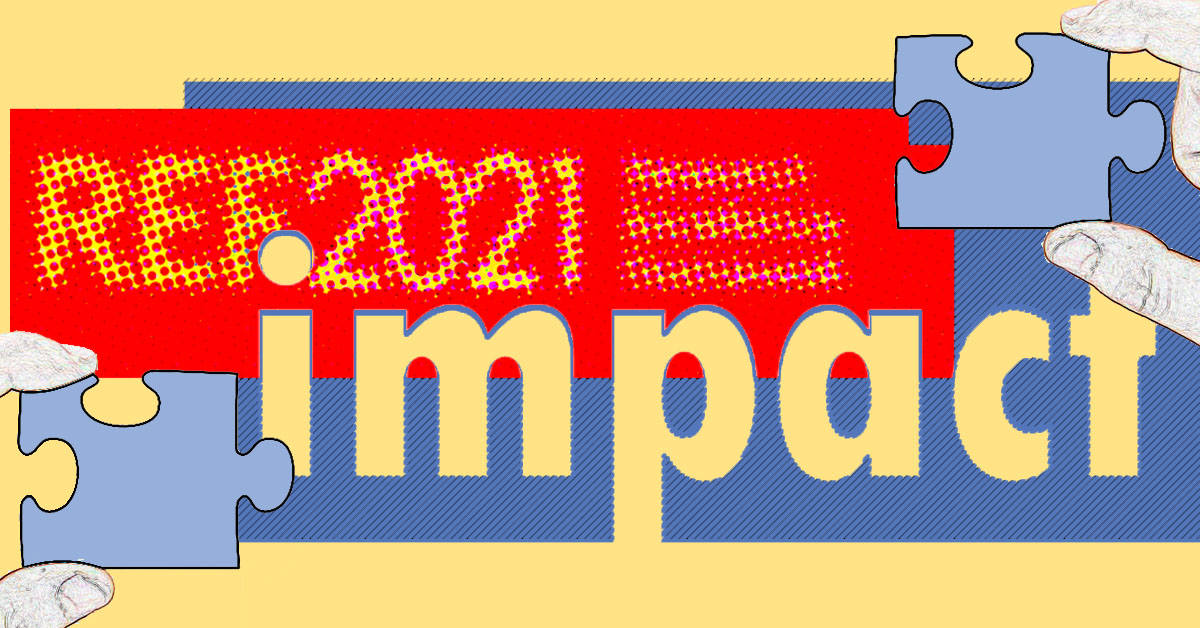Every claim we make in an impact case study needs to be supported by credible evidence. Below are a number of resources and approaches that can be taken to obtain such evidence.
Testimony
While we should gather as much objective documentation as we can to support our claims of impact, sometimes obtaining a statement from a key person that is either involved in the project or who can speak to the significance of the project is useful for filling in the gaps.
When seeking testimony, consider taking the following approach:
- Enquire informally first if your contact is happy to provide testimony relating to your research-based engagement with them, “for the purpose of a national academic exercise that assesses the quality of research being produced by UK universities”.
- If they agree, please ask them to produce their statements on letter headed paper and, ideally, provide them with a few prompts that will direct their testimony towards the specific aspects of your impact claims you would like them to support.
Alternatively, you could take the approach of recording an audio interview with the contact, which allows you to probe further by following up on responses to your questions.
- After they provide their testimony statement ask them to complete the relevant GDPR form. [Please download this GDPR form from Sharepoint: LINK]. When incorporating the testimony into your case study, it is important that you comply with your contact’s decisions regarding their level of identification.
- Please send the testimony and GDPR forms to the UoW Research Impact Officer (j.gazi@westminster.ac.uk), so the former can be stored for submission as evidence on the REF system, and the latter for our records.
If, at any stage, your contacts need more info about how the testimony will be used you can copy in / direct them towards the Research Impact Officer, who will clarify as appropriate.
E-Resources
As mentioned above, it is important to incorporate objective evidence wherever possible. This is especially desirable when referring to quantitative data.
The University of Westminster subscribes to a range of e-resources that can be used to gather statistics to support your claims and to provide a wider context around them: https://libguides.westminster.ac.uk/az.php?s=125592
These resources cover a range of data including market research from market sectors (Mintel), statistical data (Statista), world data (Passport), media viewing and readership figures (Mediatel), raw data from research studies (UKDS International Data), and company financial data (e.g. FAME).
These resources are accessible remotely using your Westminster username and password; a few require an additional registration. Check their listing on the A-Z resource list for more information or contact your Academic Liaison Librarian for further help
The Academic Liaison Librarians are aligned with specific subject areas and can be contacted to help you identify suitable resources and provide guidance on the resource and on how to access them: https://libguides.westminster.ac.uk/academicliaison
Freedom of Information Requests
If your work has fed into operational policy and strategy adopted by public authorities or organisations with public responsibilities, you can trace the impact of such implementation using Freedom of Information (FOI) requests.
This should be a last resort – if your own contact at the organisation wouldn’t have such data at hand, you haven’t actually had any direct engagement with the organisation that has adopted your recommendations (as identified through citations of your work in policy documents), or the data that is in the public sphere isn’t as specific as desired.
In terms of process, the specific organisation you are seeking data from will typically have an online form or email address for their FOI Team that you can use. Responses, if granted, tend to arrive within a month.
Requests should be as a clear and succinct as possible; for instance, stating whether the data range you are referring to relates to calendar or financial years, whether you want a yearly breakdown or overall figure, etc. The Information Commissioner’s Office (ICO) has a helpful page with “Information request dos and don’ts” here: https://ico.org.uk/your-data-matters/official-information/
You can also ask your Research Impact Officer (j.gazi@westminster.ac.uk) to make the request for you and/or consult on what should be requested.
Additional tips on incorporating evidence into your case studies
Nature has published an informative article on case studies form the last REF that indicates best practice in integrating and signposting evidence within your narratives. “Writing impact case studies: a comparative study of high-scoring and low-scoring case studies from REF2014” is available here: https://www.nature.com/articles/s41599-020-0394-7
Linked below are resources from a recent Fast Track Impact webinar on writing a 4* impact case study led by two of the article’s authors:
- How to write a 4* impact case study (Mark Reed’s summary slides)
- Language in REF2014 case studies – what it might mean for 2021 (Bella Reichard’s full slides)
- Webinar Video
- Introducing the WestminsterResearch Profiles - August 23, 2022
- Researcher profiles: What’s new? Public and community engagement - June 17, 2021
- Obtaining Evidence for your Impact Case Studies - May 11, 2020
